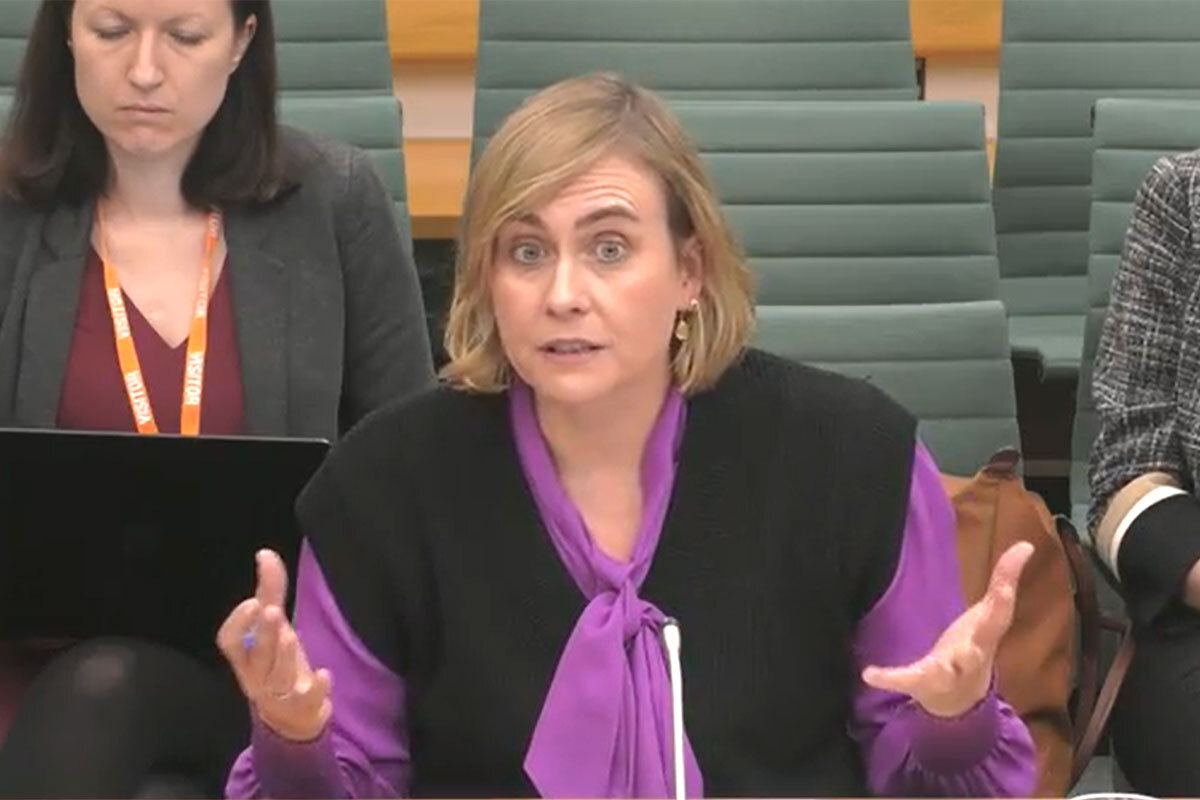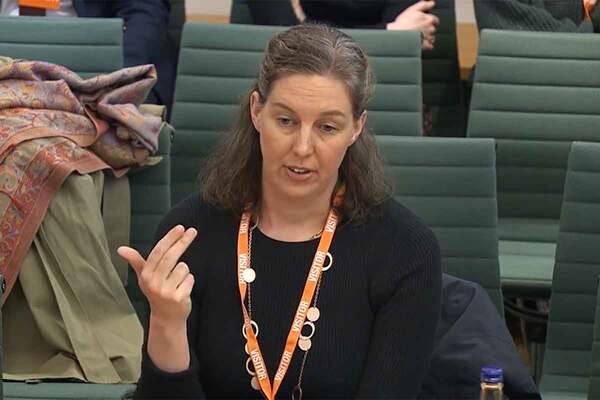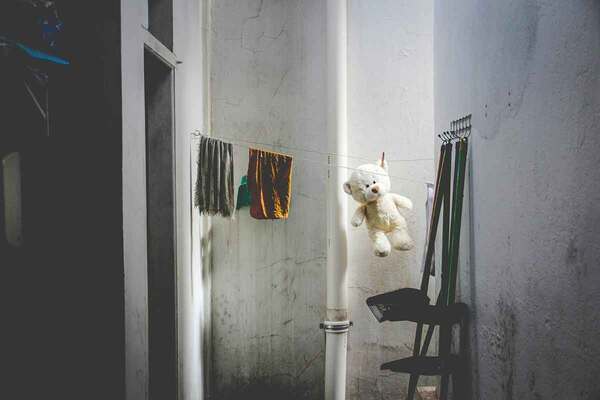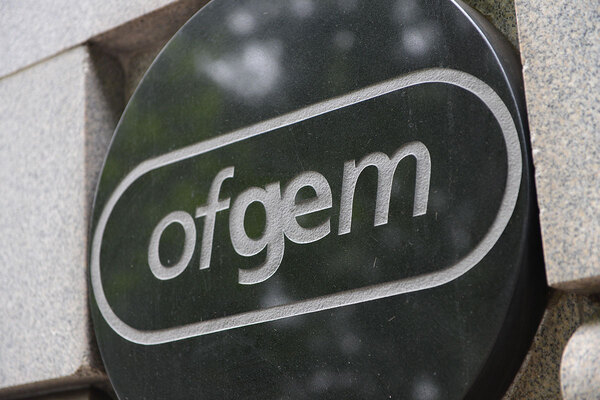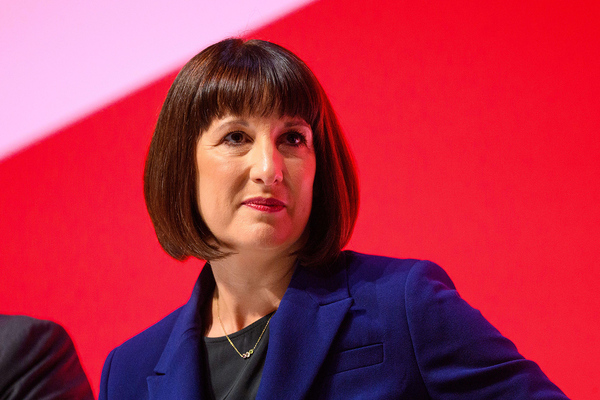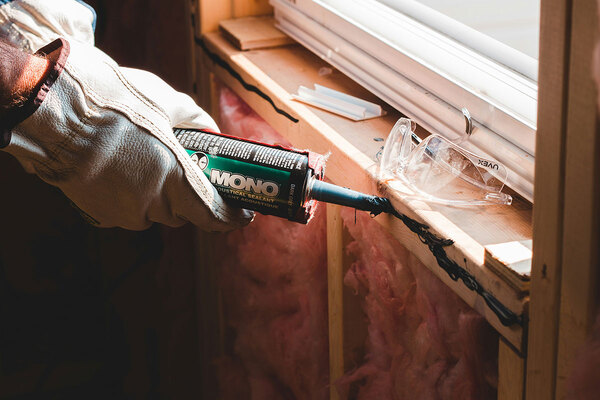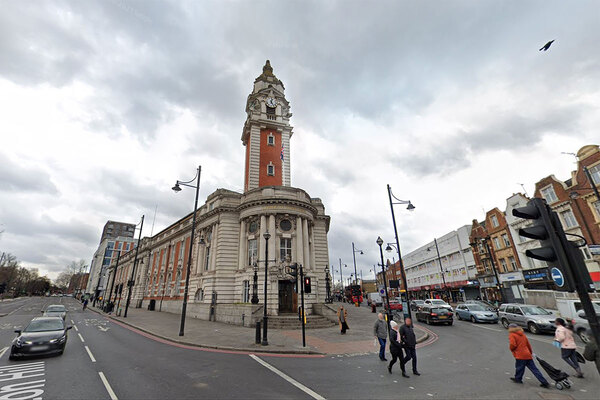You are viewing 1 of your 1 free articles
Thousands ‘slip through the net’ and are not given temporary accommodation, MPs told
It is possible that thousands of homeless households are not being given temporary accommodation, MPs have been told.
Britain’s top housing official said it was “perfectly possible” that many people owed a relief or prevention duty are not being provided for, before adding that hidden homelessness is a “major issue”.
MPs were also told that ministers aim to cover temporary accommodation with the Decent Homes Standard once the Renters’ Rights Bill has been implemented.
The comments came as Sarah Healey, permanent secretary of the Ministry of Housing, Communities and Local Government (MHCLG), gave evidence to the cross-party Public Accounts Committee on tackling homelessness on Monday 2 December.
Ms Healey was asked by Conservative MP Bob Blackman about the Homelessness Reduction Act 2017, which aimed to increase early intervention before households were made homeless.
Mr Blackman said that a total of 1.7 million households are owed a relief or prevention duty since the act has been on the statue books, yet only 776,990 households have actually been given accommodation.
“Presumably there are an awful lot of people who have slipped through the net here, that haven’t even been provided with temporary accommodation,” he said.
Ms Healey replied that it was “perfectly possible”. “The hidden homeless is a major issue that we’re very much aware of, where they don’t come to light,” she said.
She added that there was “a period of time” after the act was passed when numbers of people in temporary accommodation stabilised and more single people were being given temporary accommodation “who previously would not have been picked up by the system”.
“All that showed was that there had been unmet need for vulnerable people in the system beforehand,” she said.
As of June 2024, a total of 123,000 households were living in temporary accommodation. There were 78,000 families and 159,000 children in temporary accommodation. Of these, almost 6,000 families were living in B&Bs, and 4,000 had lived in a B&B for over 6 weeks. A total of 39,000 households had been placed out of their local area by authorities.
Ms Healey reflected on “how we’ve ended up in the position of having homelessness at record levels”. “It’s a deeply troubling and upsetting set of circumstances,” she said.
“During Covid, we actually got everyone in,” said Mr Blackman. “So what has changed from everyone in to now, seeing these huge numbers of people that are homeless?”
Ms Healey replied: “There’s an underlying scarcity of supply problem… there is a major issue with the supply of housing that is social and affordable in nature and therefore is housing that is available to those that would be looking at the bottom end of the market”.
“We’ve had, combined with that, cost of living pressures that have come from inflationary pressures and significant increases in rents in the private rented sector. All of that has come together to lead to a very significant rise in homelessness.”
She continued: “Inevitably, as you start seeing numbers rising… the availability of high-quality housing is going to become more and more squeezed [and] clearly there are instances in which the quality falls below what we would want to see”.
Labour MP Luke Charters asked Ms Healey how MHCLG had thought about standards in B&Bs.
She responded: “The legislation is totally clear that B&B is a last resort… it is a suboptimal, by some very serious degree, way of accommodating families.”
She added that the Renters’ Rights Bill gives a power to extend the Decent Homes Standard to temporary accommodation.
“That is another one where we will have to consult on some of the detail… because B&B does differ from other accommodation and we wouldn’t want to end up not being able to use B&B where it is the only option,” she said.
“Certainly ministers have been very, very clear that their goal is to cover temporary accommodation with the Decent Homes Standard once the Renters’ Rights Bill has been implemented.”
Ms Healey was also pressed on why a licensing scheme for supported housing providers has not yet been implemented, despite this being set out within the Homelessness Reduction Act.
She said a consultation on the regulations for a licensing scheme will be issued in the new year. Applications are currently open for the government’s supported housing advisory panel, and MHCLG has published research on the supply and demand of supported housing.
Mr Blackman said: “The consequence of the delay is that local authorities have a duty under the act to review the need in their area.
“I’ve got evidence that many local authorities are carrying out that review and then deciding that they’re not going to fund really good charities that are doing a really brilliant job in supplying housing for vulnerable people.
“Only last week, I got details of one in central London where they’re closing down a facility and 100 young people could be thrown on the streets. This is because of the delay… we haven’t got a clear position from the department on what the standards are due to be.”
He continued: “Unfortunately, it seems as if the good charities are being attacked but the rogue landlords are not. So can we get on with this?”
Ms Healey said: “Absolutely, I think supported housing is an absolutely critical part of solving this issue, especially for the more vulnerable and those who have been rough sleeping.”
Mr Blackman replied: “The problem is the licensing schemes the local authorities are looking at are going to be very different. Unless we’ve got a clear standard, they’re introducing their own and therefore leading to a postcode lottery, which was not the intention.”
Asked by Labour MP Clive Betts how long it will be from the Royal Assent of the Homelessness Reduction Act until the first licence has been issued, Ms Healey said: “I can’t answer that, I’m afraid. It really depends on what the consultation reveals about the state of the regulations and exactly how complex the licensing regime is to implement”.
Sign up for our homelessness bulletin
Already have an account? Click here to manage your newsletters
